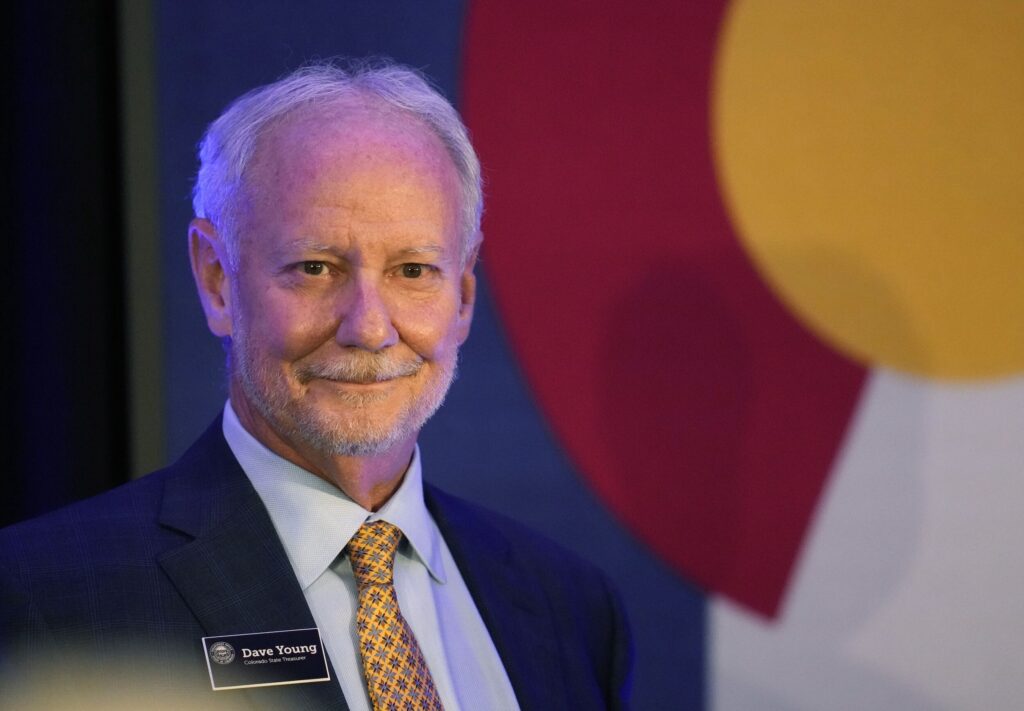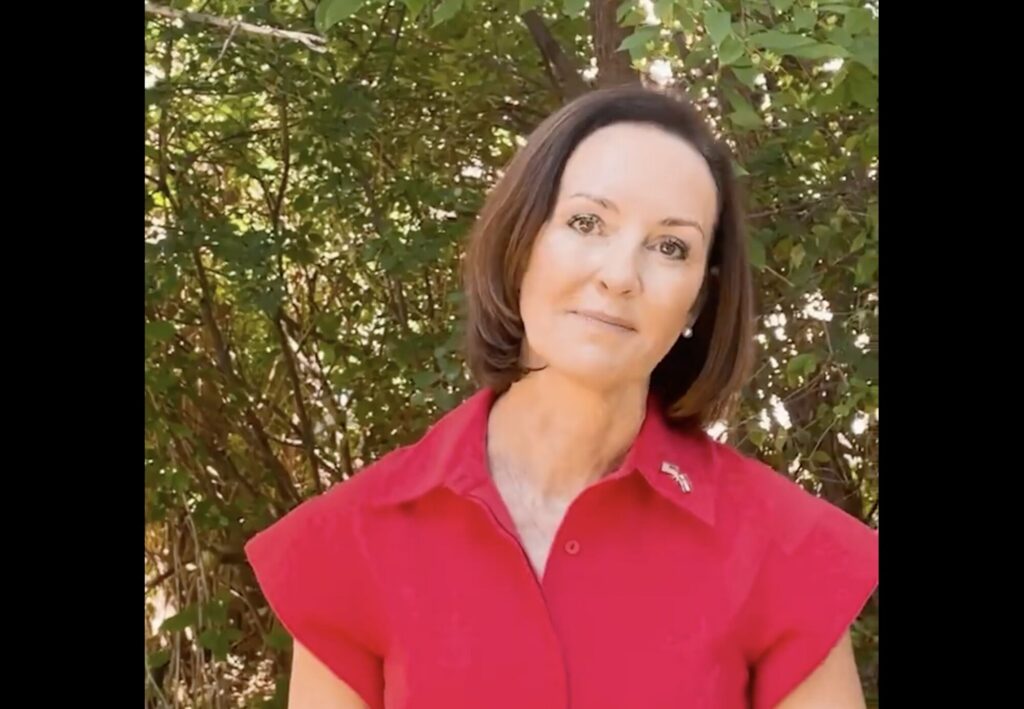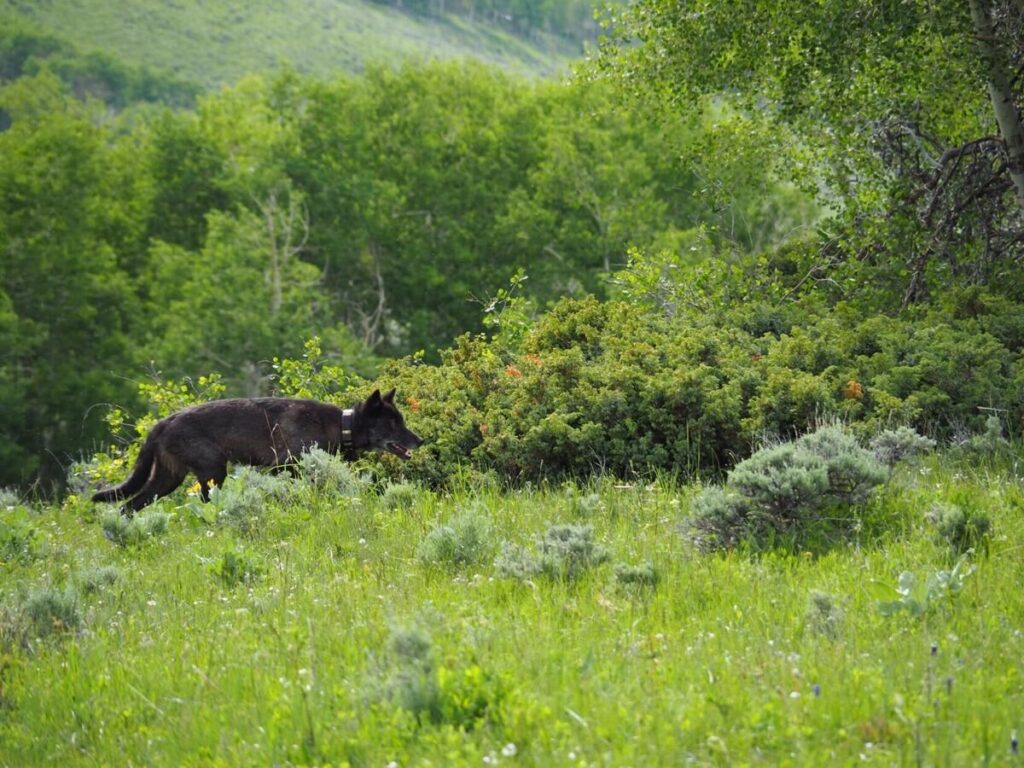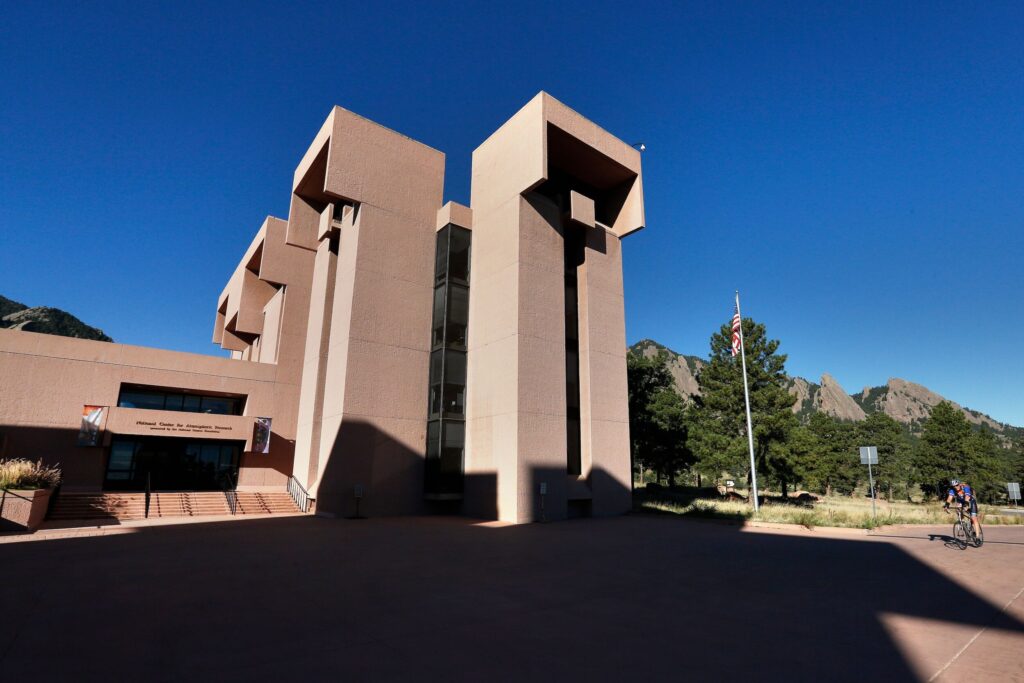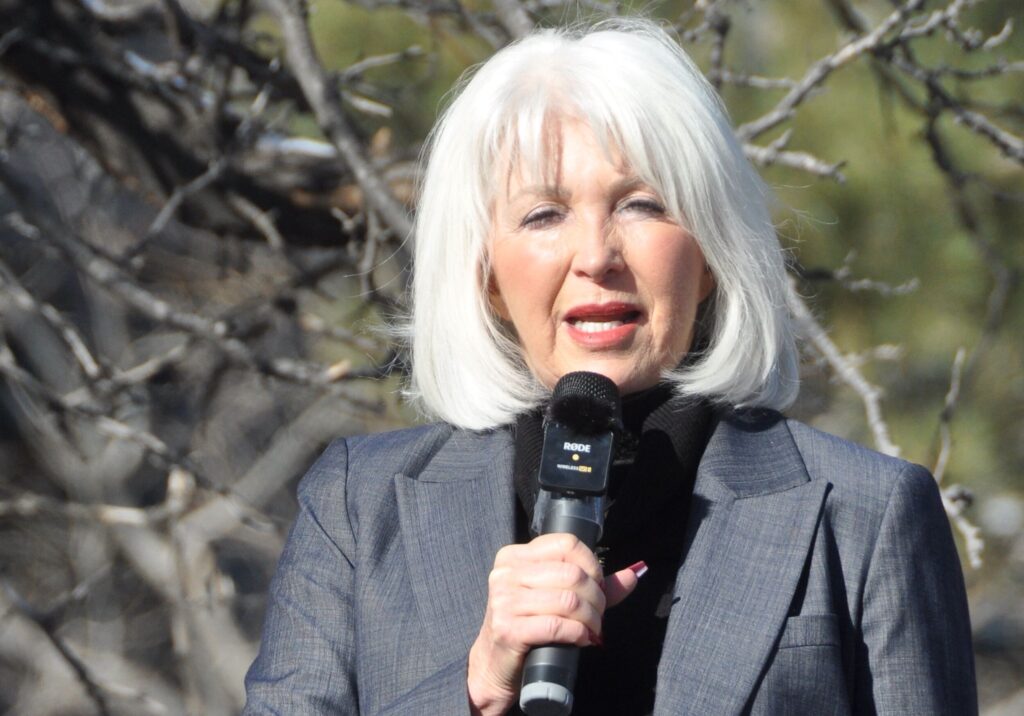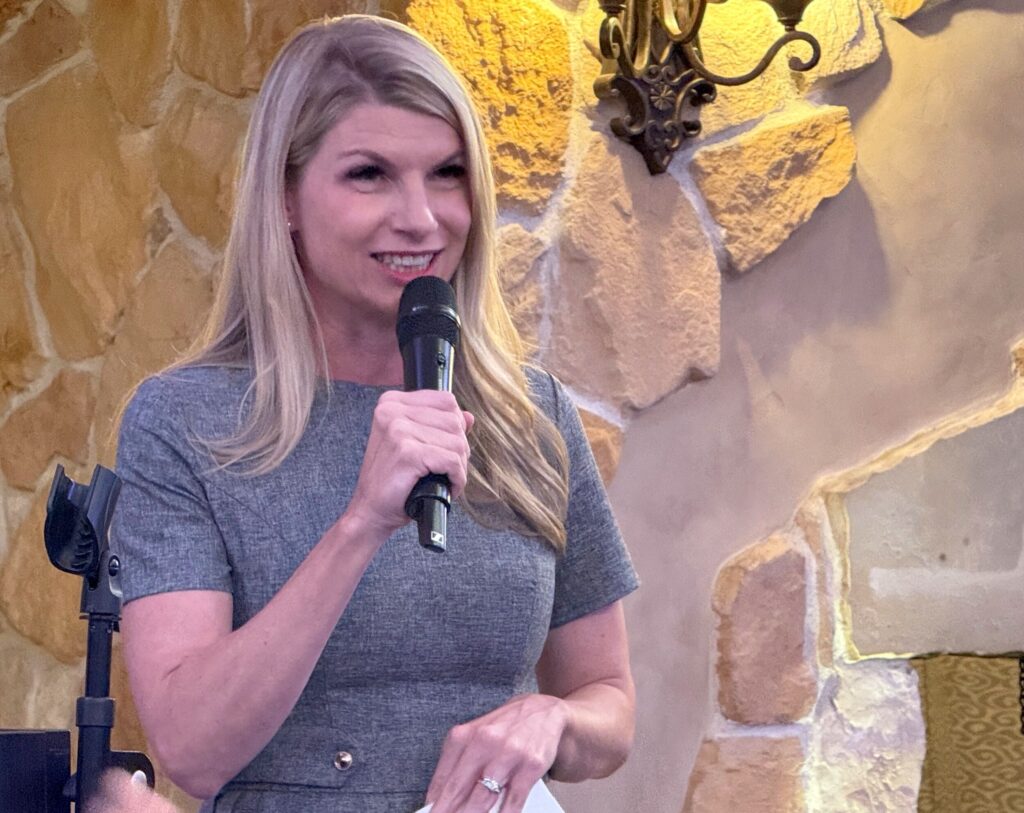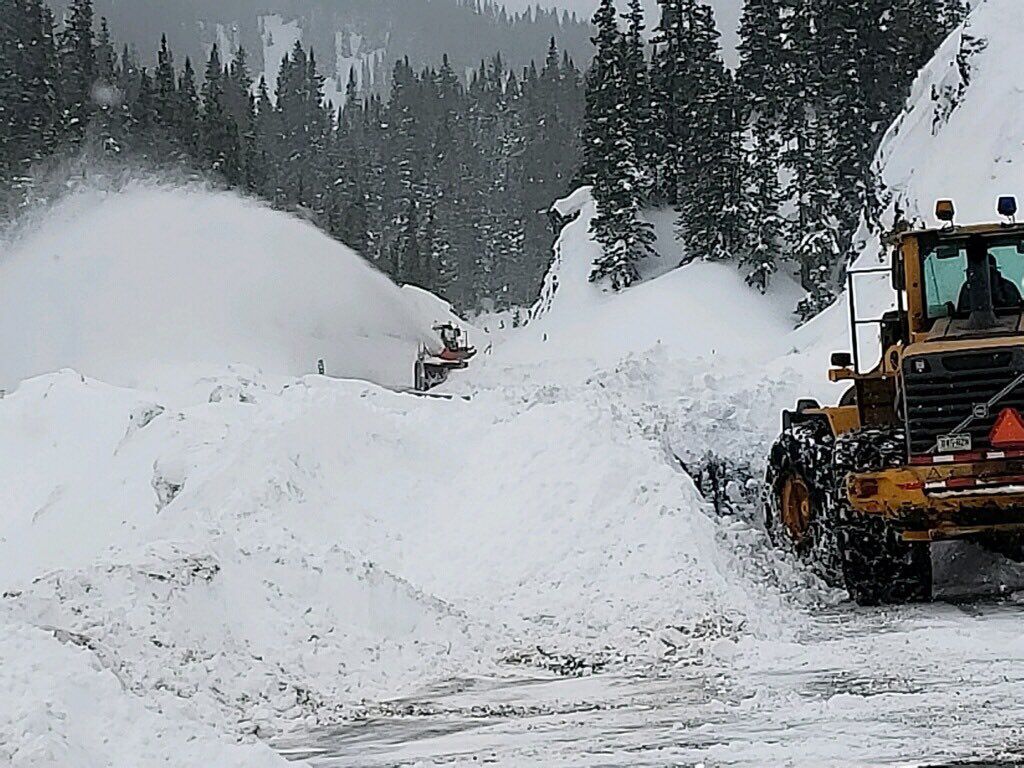Trump taps ex-N.M. congressman to head BLM
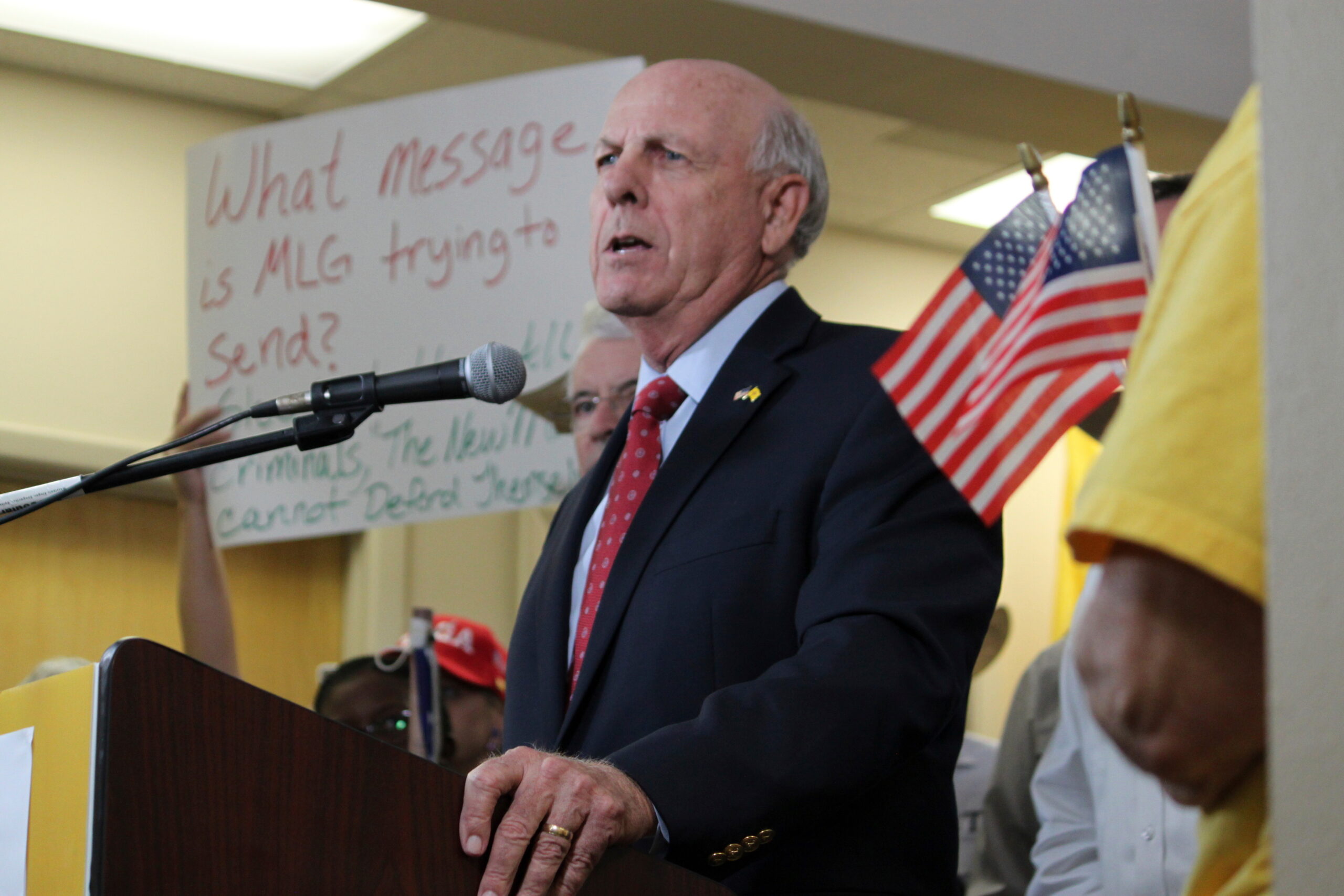
Steve Pearce, a former Republican congressman from New Mexico and, until last December, the chair of the New Mexico Republican Party, is the latest nominee from the Trump administration to head the federal Bureau of Land Management.
The BLM manages public lands, a critical issue for Colorado, where the federal government owns more than a third of the state’s acreage, 8.3 million surface acres and 27.1 million non-surface acres. That’s primarily land with mineral rights for oil and gas, coal and other minerals.
BLM also manages four wild horse management areas in Colorado, some of which have been plagued with problems, such as the deaths of 146 horses in 2022 at a holding facility in Cañon City from equine influenza. There have also been worries over how the agency rounds up those horses to prevent over-grazing.
The BLM, which controls 245 million acres of land across the West, employs about 660 at the Denver Federal Center.
In 2019, during the first Trump administration, Secretary of the Interior David Bernhardt decided to move the BLM’s headquarters from Washington, D.C. to Grand Junction, but only three employees accepted the offer.
Pearce is the second nominee from Trump’s second term to head the BLM. His first nominee, Kathleen Sgamma of Denver, withdrew her nomination in April after a 2021 memo surfaced, in which she criticized Trump’s role in the Jan. 6, 2021 riots at the U.S. Capitol.
Pearce served in the U.S. House from 2003 to 2009 and from 2011 to 2019, including time on the House Natural Resources Committee. He was also a member of the House Freedom Caucus that at one point included then-U.S. Rep. Ken Buck, R-Windsor.
Pearce is 78 years old and a native of Texas.
U.S. Sen. Cynthia Loomis, R-Wyo., said in a statement Wednesday that she is pleased Trump nominated her friend and former House colleague.
“Steve’s leadership will be invaluable in managing our public lands and wisely stewarding our resources. This nomination is a major win for Wyoming and the entire West, and I’m glad to see such a crucial role filled by someone so well qualified. I urge a swift confirmation,” Loomis said.
While Loomis is not a member of the Senate’s natural resources committee, which will likely conduct his confirmation hearing, Wyoming’s other senator, John Barasso, is a member, as is U.S. Sen. John Hickenlooper of Colorado.
The National Cattlemen’s Beef Association also praised Pearce’s nomination, saying “Pearce understands the important role that public lands play across the West. Pearce’s experience makes him thoroughly qualified to lead the BLM and tackle the issues federal lands ranchers are facing.”
Pearce’s nomination has already drawn criticism from some quarters.
The Center for Western Priorities claimed Pearce amassed “a lengthy anti-public lands record, co-sponsoring numerous bills that would have undermined the Antiquities Act, made it easier to sell off national public lands, and open national forests to roadbuilding and clear-cutting.”
The center’s executive director, Jennifer Rokala, added that the Senate should reject Pearce’s nomination and asked the president to “pay attention to what voters overwhelmingly want — public lands that are protected and managed for our kids and grandkids. Westerners spoke with one voice earlier this year when Sen. Mike Lee tried to sell off our public lands. Nominating Steve Pearce to run the BLM shows that President Trump wasn’t listening.”
Dan Ritzman, director of conservation at the Sierra Club, added: “We New Mexicans have had a front row seat to Steve Pearce’s pro-polluter career and rejected it … Pearce is a climate change denier, an ally of the oil and gas industry, and an opponent of the landscapes and waters that generations of Americans have explored and treasured.”
Among the BLM’s current controversies was when, in 2023, the Biden administration announced a public lands rule, known formally as the Conservation and Landscape Health Rule, that would have prioritized wildlife conservation on BLM land.
The Trump administration in July announced it planned to rescind the rule, effective Sept. 11, although a public comment period on it doesn’t end until Nov. 10.
The White House claimed the rule is unnecessary, violated the statute, and would undermine the BLM’s management of public lands. Ranching groups argued that it would put grazing and wildlife conservation on equal footing, potentially leading to the end of public grazing leases.


